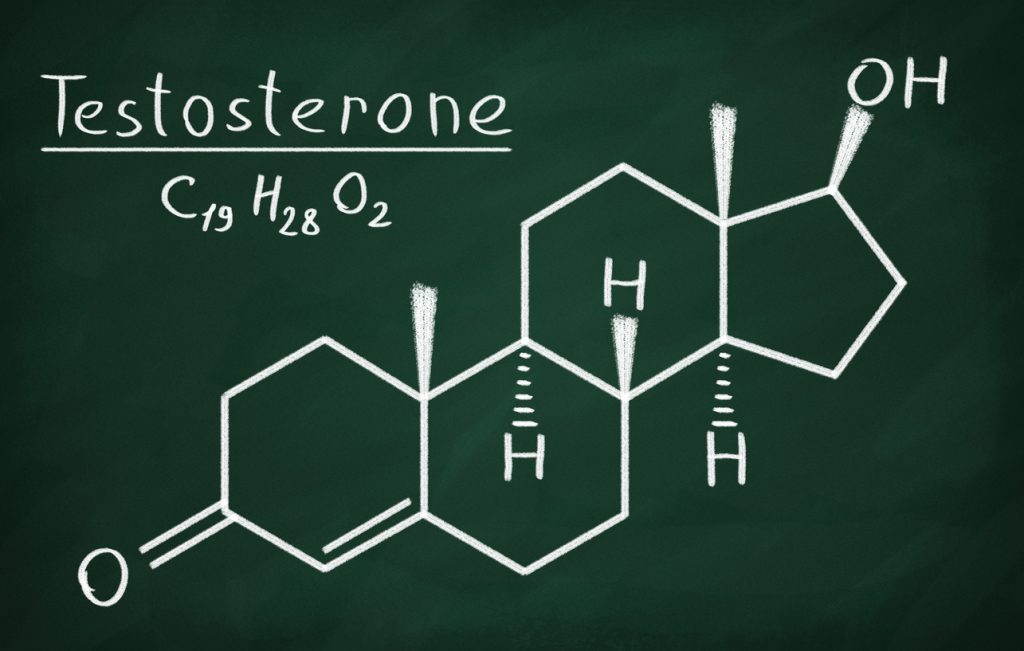Testosterone is often called the king of hormones for a reason. It plays a critical role in muscle growth, strength, energy levels, sexual health, and overall well-being. While it's naturally produced in the body, various lifestyle factors can impact testosterone levels—sometimes leading to suboptimal performance, recovery, and vitality.
Testosterone and Muscle Growth
Testosterone is one of the most important hormones for muscle building. It increases protein synthesis, which helps repair and grow muscle fibers after intense training. Higher levels of testosterone also improve recovery, allowing you to train harder and more frequently. If your levels are low, you might find it harder to gain muscle, recover from workouts, or push through heavy lifts.
Testosterone and Energy Levels
Feeling fatigued despite getting enough sleep? Low testosterone could be a factor. This hormone influences red blood cell production, which is essential for oxygen transport and endurance. Optimal testosterone levels help keep energy high, reduce workout fatigue, and improve overall stamina.
Testosterone and Sexual Health
Testosterone directly impacts libido, erectile function, and overall sexual health. It regulates dopamine levels, which are linked to desire and motivation. Declining testosterone levels can lead to decreased drive and performance. Maintaining healthy levels supports confidence, energy, and overall sexual well-being.
Testosterone and Mental Health
Beyond the gym, testosterone plays a role in mood, focus, and cognitive function. Low levels have been linked to irritability, brain fog, and even depression. Keeping testosterone in check can support a clear mind, better motivation, and a more balanced mood.
How to Naturally Support Healthy Testosterone Levels
Optimising testosterone levels starts with lifestyle choices:
-
Strength Training: Heavy lifting, compound movements, and high-intensity workouts have been shown to boost testosterone production.
-
Quality Sleep: Testosterone production peaks during deep sleep, making rest a key factor in maintaining optimal levels.
-
Proper Nutrition: A diet rich in healthy fats, lean proteins, and micronutrients like zinc, magnesium, and vitamin D supports hormone health.
-
Stress Management: Chronic stress increases cortisol, which can negatively impact testosterone. Managing stress through mindfulness, relaxation, or recovery techniques is crucial.
Can Supplements Help?
While lifestyle is the foundation of healthy testosterone levels, some supplements can provide additional support. Natural testosterone optimisers, like ashwagandha, shilajit, and fadogia agrestis, have been researched for their potential to support hormonal balance. Zinc and vitamin D are also key nutrients involved in testosterone production.
If you're considering supplementation, make sure to do your research and choose high-quality ingredients backed by science. For those looking to explore natural options, you can check out our selection of testosterone support supplements.
Final Thoughts
Testosterone is more than just a muscle-building hormone—it’s a key player in overall health, performance, and vitality. Whether your goal is to build strength, boost energy, or improve well-being, keeping testosterone levels in check should be a priority. Focus on smart training, proper nutrition, and quality recovery, and if needed, explore well-researched natural supplements to support your journey.
